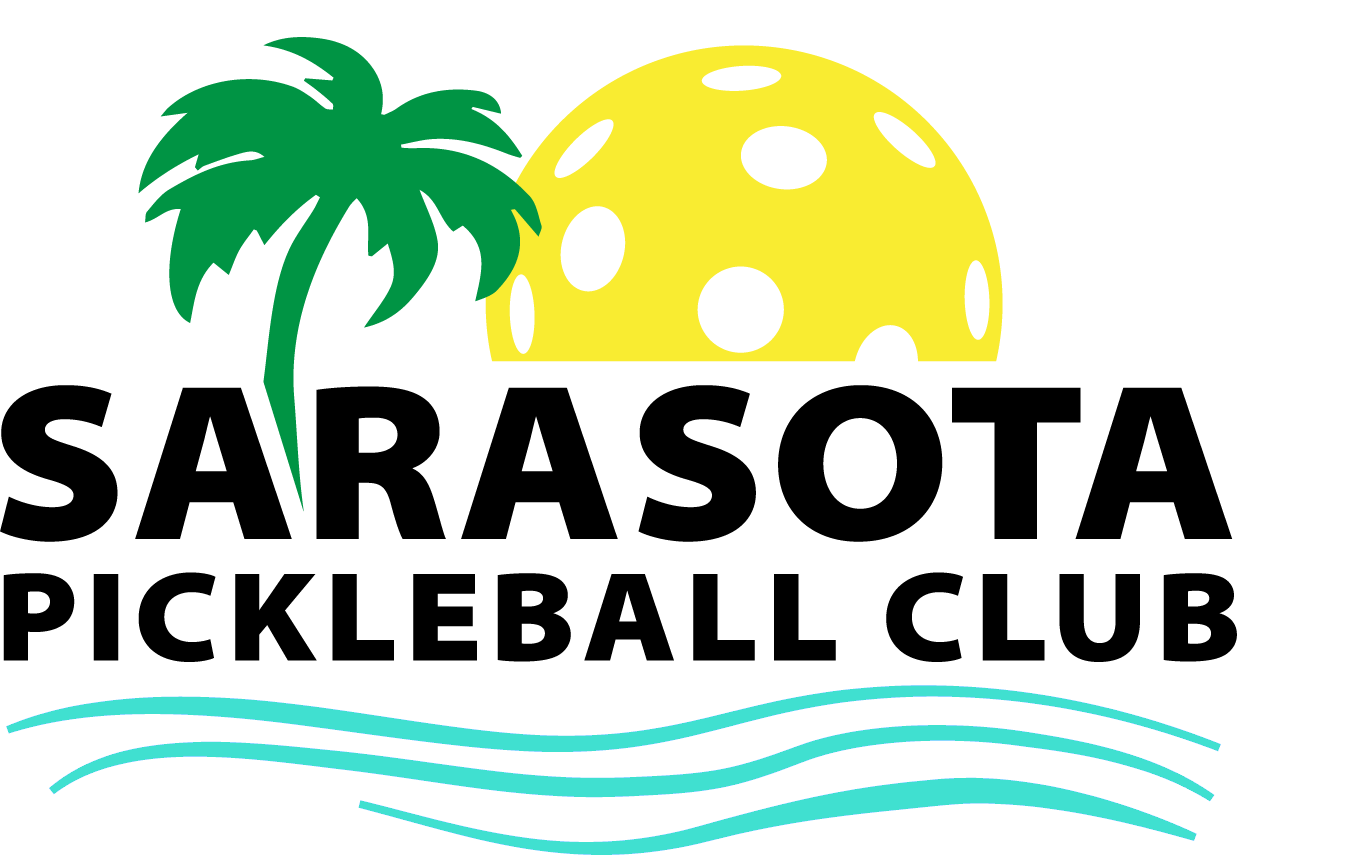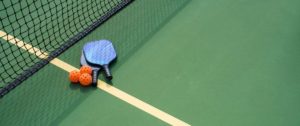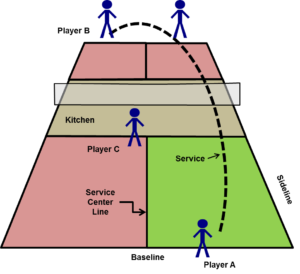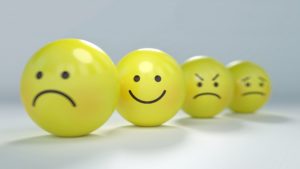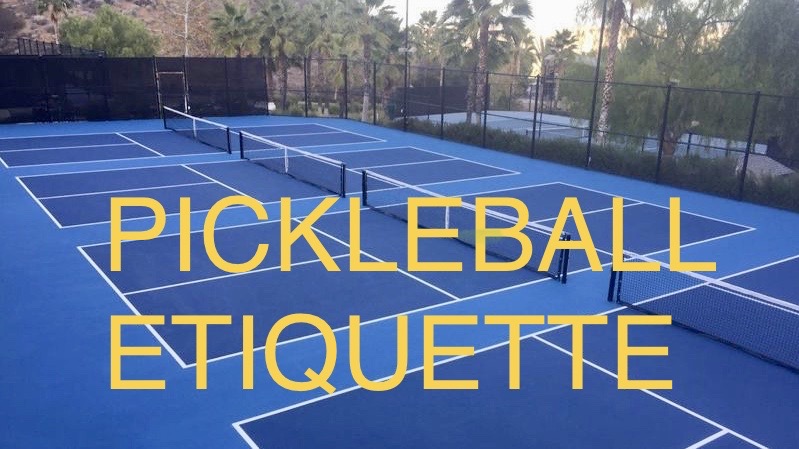
There are many things to consider when displaying proper etiquette on the pickleball court. All players should strive to always follow proper pickleball etiquette to ensure a pleasant experience for all.
Here are some of the most common faults in relation to proper etiquette:
Instruction on the Court:
Attempting to give lessons or instruction on the court does not sit well with players for many reasons. It can be very embarrassing and frustrating for the player receiving your comments, as in most cases, they feel that they are not good enough in your eyes to play with them. Not only that, this “lesson” can be considered a criticism and can make them feel very inadequate, resulting in not playing their best game anyway. This can be very disrespectful and will end up being an unhappy experience for all.
Taking the time to teach on the court, whether asked for or not, is very frustrating for players who are waiting to play and you, as a player, are trying to teach another player on a court. There is a time and place for this and usually not during regular play.
Score Calling:
It seems that one of the most difficult things for pickleball players to remember at times is the score. Not just the score itself, but calling the score before each serve. Calling the serve, whether you are certain or not of what it actually is, still signals to the opponent that you are ready to serve to them across the net and the game is in play.
By not calling the score, not only are you being disrespectful to the other players in your group, but also this may lead to injury if a player is not focused on the ball coming towards them, leading to potential injury. By calling the serve, all players know that the game is still in play and a check to ensure the score is correct.
Serving when everyone is ready:
Proper etiquette is ensuring all the players on the court are ready for the serve. When participating in a tournament, if the return server is not giving some sort of signal that they are not ready, then the server can start as long as the score has been called by the official. However, it is disrespectful to not take the time to ensure players are ready before serving the ball.
Ball Control:
Don’t just drop the ball over the net when it is to go to the opposing side. Not making an effort to get the ball to that player wherever they are on the court is disrespectful.
Don’t always be the player who never chases after balls should they get hit out of bounds.
Don’t forget to thank the person who retrieves a ball on the sidelines so you didn’t have to retrieve it yourself.
Don’t leave the ball on the ground when the game is over. Always pick up the ball and hand it off to the next group coming onto your court.
Lobbing Players that are restricted on the court:
It’s a serious safety risk for players to lob behind those that are not mobile on the court. Although it is really a safety issue, being mindful of this on the court is proper etiquette. In tournament play, this may be a strategy but during recreational or competitive regular play, this is considered to be very disrespectful.
Most players who do not have the mobility necessary to retrieve the ball that goes over their head, won’t even try to go back and get the ball, but some older or less immobile players will attempt to do so and this is asking for disaster even though they make that choice. In some locations, when playing outside, even though lobbing is part of the game, the unwritten rule is that there is to be no lobbing when facing the sun. Not being mindful of less mobile players when lobbing is not only disrespectful but is also a safety issue.
Emotional Control:
Unbecoming behavior on the court is very upsetting to all players, regardless if they are on that court, playing on other courts or on the sidelines watching. Your behavior affects everyone around you. Allowing your emotions to get out of control exhibiting anger, foul language and inappropriate body language not only makes your partner feel it may be their fault, but is also distracting to all players involved. This usually results in a loss of focus during the game and the outcome is often less than favorable.
Acknowledging those Great Shots:
Everyone likes to be acknowledged if they make a great shot in pickleball. Always be the one to shout out the praises to the players when you see a great shot.
End of Game protocol:
Typically at the end of a game, pickleball players meet at the net and tap their paddles with each player, stick the handles of the paddles out to the other players’ paddles or some sort of protocol to acknowledge the game is over, in a way thanking the other players for the game just played.
It is considered to be very rude if you don’t meet at the net and just walk off the court whether it was a great game or not.
Players do not forget this action and word spreads quickly that that player is exhibiting poor sports etiquette.
